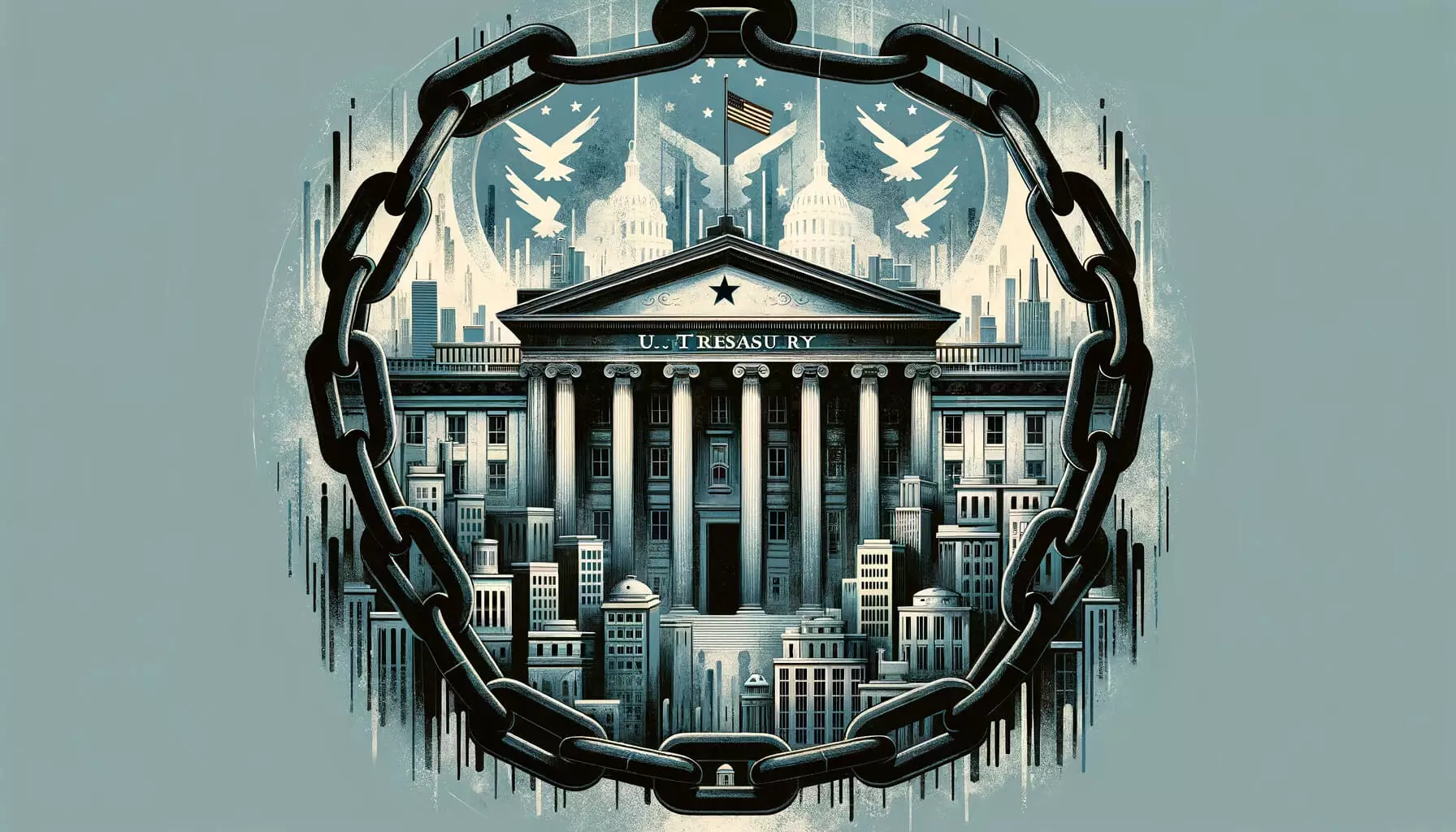The U.S. Treasury’s Office of Foreign Assets Control (OFAC) recently announced a settlement with cryptocurrency exchange CoinList on December 13th. The settlement came after CoinList processed 989 transactions amounting to $1.25 million from users residing in Crimea, a disputed region between Russia and Ukraine. This article analyses the details of the settlement and its implications, shedding light on CoinList’s compliance procedures and the mitigating factors that led to the settlement.
During the two-year period ending in May 2022, CoinList’s compliance procedures failed to recognize users who identified themselves as residents of a non-embargoed country but provided an address in Crimea, a region subject to U.S. and international sanctions due to its annexation by Russia in 2014. Despite having compliance procedures in place, CoinList’s screening procedures proved ineffective in this instance.
OFAC listed various mitigating factors that contributed to the settlement agreement. Firstly, CoinList had not received any notices from OFAC regarding sanctions violations in the five years prior to the first offending transaction. Additionally, the agency acknowledged CoinList’s cooperation during the investigations. Moreover, the amount involved in the violations constituted only a small percentage of the exchange’s total transactions. Finally, CoinList took remedial measures to rectify the situation, further enhancing its compliance efforts.
OFAC settled with CoinList for approximately $1.2 million. Interestingly, this amount is slightly lower than the sum of the violating transactions. CoinList processed a total of $1,252,280, but the fine imposed is $1,207,830. Furthermore, OFAC will suspend $300,000 of the settlement amount once CoinList fulfills its compliance commitments. CoinList will invest this sum in additional sanctions compliance controls as part of the settlement agreement. It is worth noting that this settlement represents only a fraction of the maximum civil monetary penalty of $327 million. Furthermore, the settlement amount is significantly lower than the recommended base civil monetary penalty of $3 million under OFAC guidelines.
Non-Egregious Actions
OFAC’s rationale behind the settlement amount is that CoinList’s actions were non-egregious and were not voluntarily self-disclosed. This suggests that CoinList’s violations, although serious, did not reach the level of intentional or willful misconduct. Despite the seriousness of the violations, OFAC recognized that CoinList lacked prior knowledge or intent to violate the sanctions.
CoinList is a relatively minor cryptocurrency exchange, handling a modest volume of just $350,000 in the past 24 hours according to data from CoinGecko. Considering its smaller scale, the settlement amount appears to be consistent with the exchange’s market position. However, this incident may still have consequences for CoinList’s reputation and compliance practices, as it serves as a reminder of the importance of robust screening procedures and compliance with regulatory frameworks.
The settlement between OFAC and CoinList highlights the significance of complying with sanctions-related regulations in the cryptocurrency industry. Despite CoinList’s compliance measures, its screening procedures failed to identify users residing in Crimea, resulting in an “apparent violation.” The mitigating factors considered in the settlement demonstrate CoinList’s cooperation and commitment to rectifying the issue. The settlement amount reflects CoinList’s non-egregious actions, but it also serves as a reminder of the potential consequences of regulatory non-compliance for cryptocurrency exchanges of all sizes.

